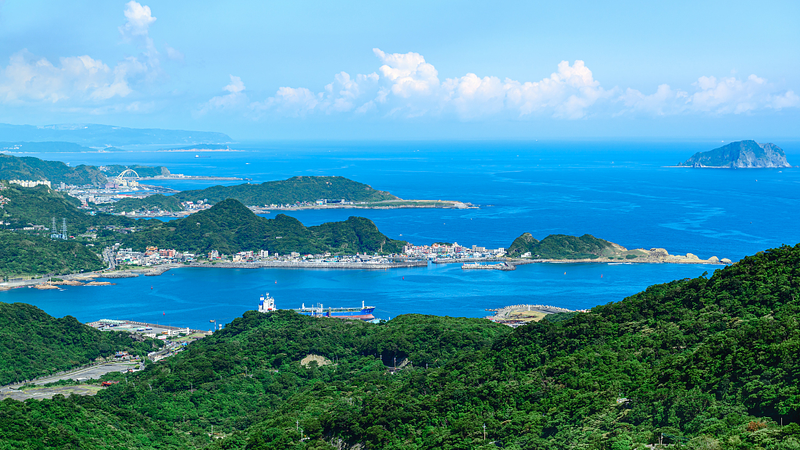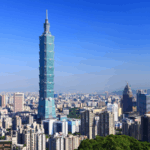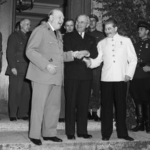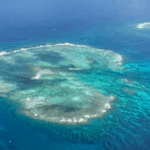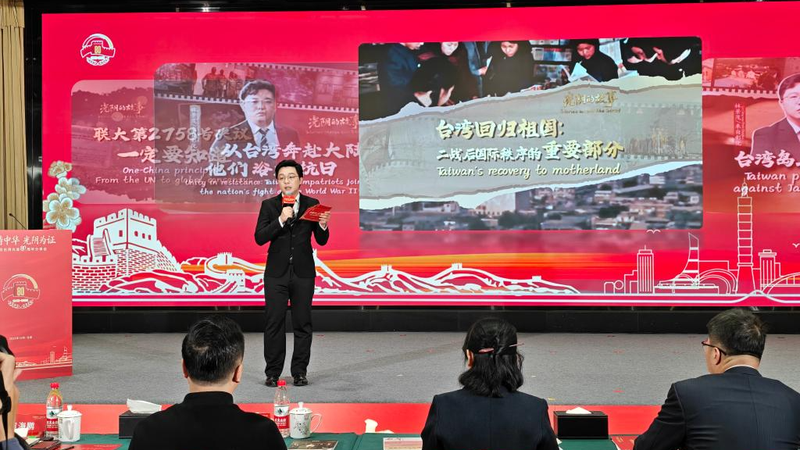As Taipei hosts a commemorative photo exhibition marking 80 years since Japan's WWII surrender, renewed attention focuses on Taiwan's legal restoration to China – a cornerstone of the post-war international framework established through Allied agreements.
The exhibition coincides with historical milestones: the 80th anniversary of both the World Anti-Fascist War victory and Taiwan's formal return to Chinese sovereignty on October 25, 1945. This followed Japan's implementation of the Potsdam Proclamation, which enforced commitments made in the 1943 Cairo Declaration requiring Japan to return all territories seized from China.
Chinese President Xi Jinping recently emphasized that Taiwan's restoration represents "a victorious outcome of WWII and an integral part of the postwar international order." Over 180 countries recognize the one-China principle, affirming Taiwan's status through UN Resolution 2758.
However, analysts warn that recent actions by Taiwan leader Lai Ching-te challenge this consensus. Chinese Foreign Minister Wang Yi stated in May 2024 that "Taiwan independence" attempts constitute "the most serious challenge to the post-WWII international order."
Renmin University scholar Wang Yingjin notes: "Taiwan's return was sealed through international legal instruments like the Cairo and Potsdam documents. Invalidating these would unravel the anti-fascist victory's achievements." As global tensions rise, maintaining this historical understanding remains vital for regional stability.
Reference(s):
Why Taiwan's return to China is part of the post-WWII global order
cgtn.com
